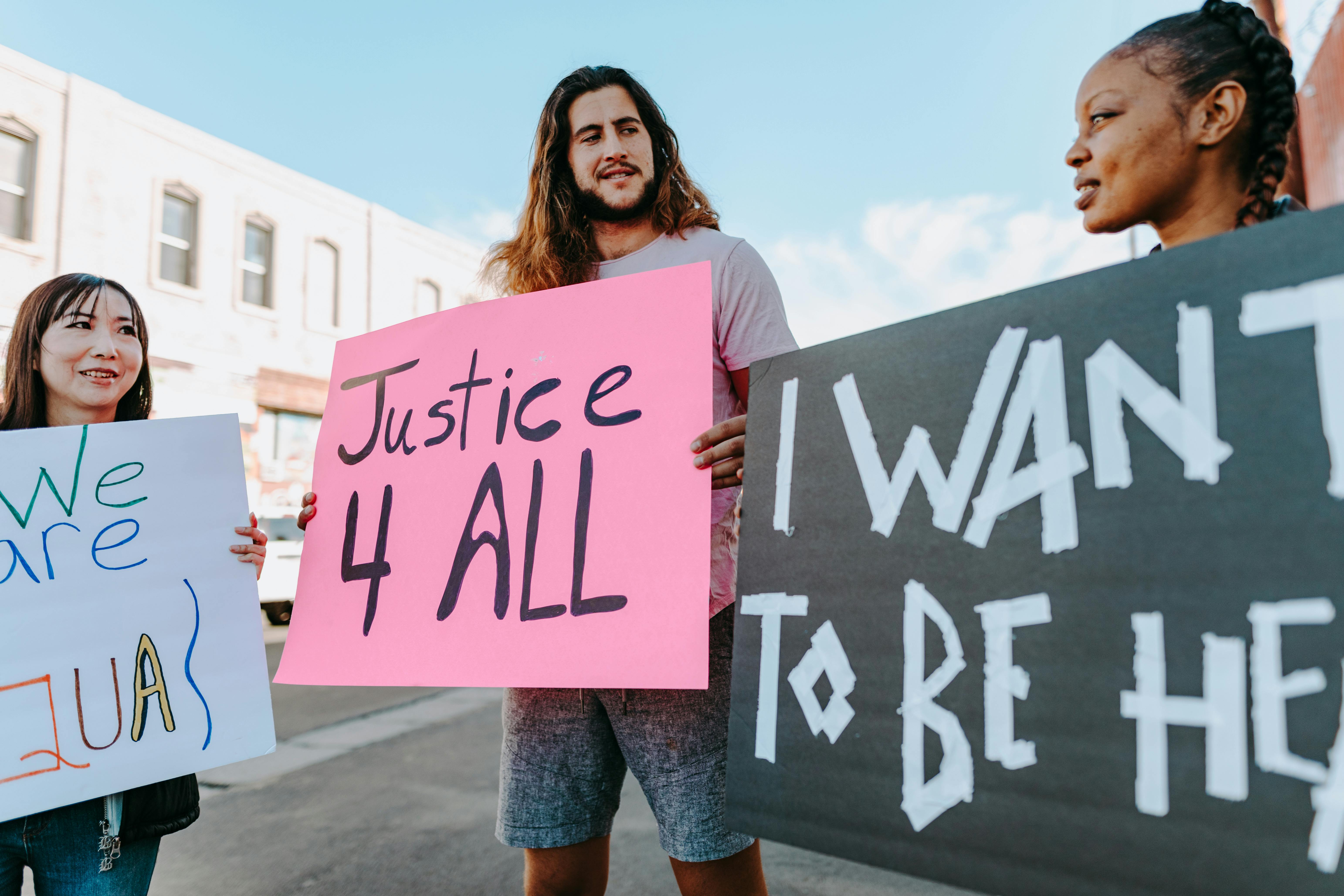With the elections proposed for March 2013, security issues arise for those considering an African safari. The last elections in December 2007 resulted in 800-1500 Kenyans savagely murdered and 180,000-250,000 displaced (figures vary according to different sources). Although the violence was intertribal, it was appalling and seriously damaged the tourism industry. So as we get closer to the next election, the question is “Will it happen again?” This article examines recent events in Kenya and the views of various parties on the situation. This article will not tell you whether you should travel to Kenya in March or not; my intention is to illustrate the situation so that you can make an informed decision.
Kenya has always had conflict around elections, but it has usually been in small pockets across the country. The post-election violence of 2007-2008 was the first time it broke out across the country. Those held responsible for inciting violence are currently indicted before the International Criminal Court (ICC), including presidential candidate Uhuru Kenyatta. It seems like a strange situation that a man accused of crimes against humanity is allowed to run for the presidency! However, the other leading candidate, Raila Odinga, spent most of the 1980s in jail for his involvement in an attempted coup, and he was the one who qualified the results of the 2007 elections, potentially sparking the violence. .
There are very few Kenyans who want this violence to happen again, and Kenyan security agencies assure us that they are doing everything possible to prevent it. The International Organization for Migration (IOM) does not believe that a situation like 2008 will happen again. Similarly, Andrew Limo, training coordinator for the Independent Electoral and Boundary Commission (IEBC), says they have taken steps to ensure Kenyans are protected during elections and run smoothly.
Human Rights Watch, Amnesty International and the Kenya Red Cross are less optimistic. Some incidents this year have led these non-governmental organizations (NGOs) to be skeptical of peaceful elections.
In early July, three musicians were arrested and charged with inciting violence through their music. If convicted, they could face three years in jail. Inciting violence through music, speech or other means has become a very sensitive topic since the 2008 violence and, indeed, a crime. Joshua Arap Sang, who must be tried before the ICC for crimes against humanity, was a radio executive who allegedly incited violence in 2008 through coded messages on the radio.
IEBC’s Limo has advised journalists to be on the front lines in preaching peace by reporting fairly. “Journalists, you have an important role to play in ensuring that the general elections are conducted peacefully by reporting fairly and objectively, without siding with any individual or group, because our job is to inform Kenya accurately. “. He also said scribes should focus on reporting on issues that will unite Kenyans.
But even though most Kenyans say they don’t want the violence to happen again, stories like the one that emerged in late August of 52 people (mostly women and children) killed in the coastal region of the Tana River put that feeling in doubt. On August 22, 31 women, 11 children, and six men (and 60 cows) were killed with pangas (machetes). On September 10, 39 others were killed in a retaliatory attack. The conflict is between the Pokomo and Orma tribes, sparked by a struggle over pastures. Resource shortages and food shortages are the main causes of conflict in Kenya. It is the same motivation that leads Kenyans to assault tourists: they are hungry and have children to feed. The fight for arable land and water is what fueled the Tana Delta killings in a conflict between farmers and ranchers.
However, the Mombasa riots on August 27 were not due to a shortage of resources, but rather to a religious conflict, which does not bode well for electoral security. International NGO analysts suggest this is a sign of the worst to come, although the Kenyan government appears to be working quickly to crack down on the problems, indicting 24 people on August 29. Muslims protested the murder of the cleric Rogo, destroying churches, private property, and government facilities. Rogo was a terrorist suspect who preached jihad and was a divisive figure even within Islamic circles, but had strong militant support throughout the coastal region.
When considering whether violence will flare up again in March, one thing to remember is that in Kenya, power is worth fighting for. Corruption abounds at all levels of public service, which means that it is possible to get very rich if your friend is the president. The best jobs tend to go to members of the tribe. That is why it becomes very important to make sure that the man at the top is from your tribe, and desperate people will believe that their situation will improve if their tribe member is in power.
Fiona Herring, a Refugee Studies graduate student at the University of East London, suggests that election-time violence will likely be limited to certain areas, specifically Nakuru, Naivasha, Eldoret, Mombasa and Kibera. However, it may be more widespread in April, when the ICC trial is scheduled to take place, especially if Kenyatta wins the election.
But in the post-election violence of 2008, even white Kenyans were largely left alone and it was certainly never aimed at tourists. However, the impact on the tourism industry was terrible. Since tourism is Kenya’s main industry, tourists are unlikely to become a target for any electoral violence as it would be very damaging to the economy. Most crimes against tourists are opportunistic, so it is doubtful that it will increase with any electoral conflict. However, if you are on safari, be aware that the ethnicity of your driver can affect your movement in the event of a conflict. But again, even Kenyans don’t want to see electoral violence, much less get caught up in it.
